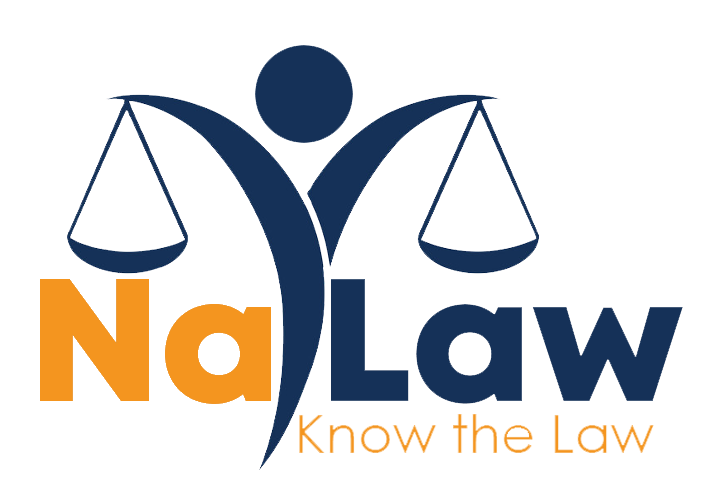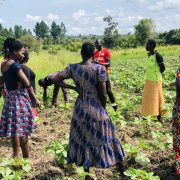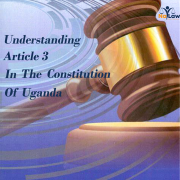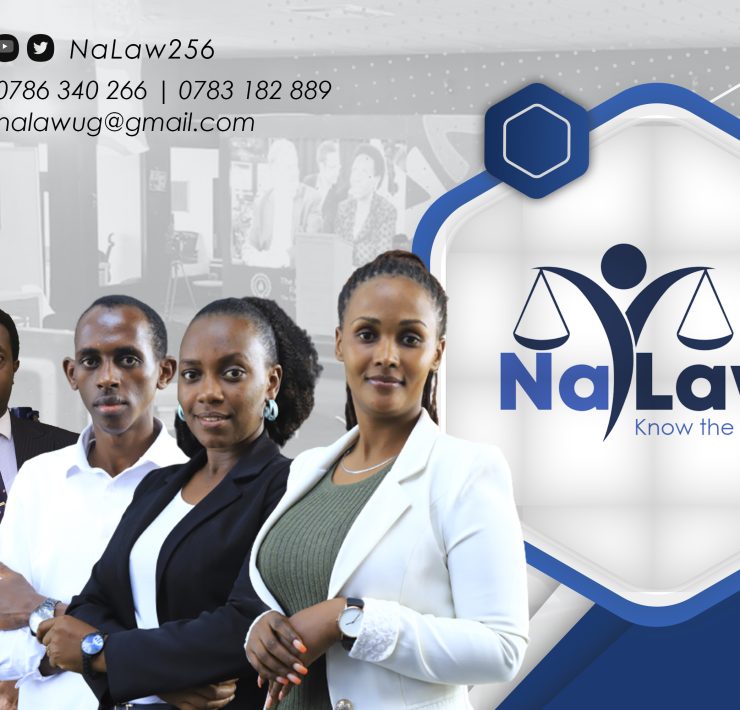Promoting Equality and Inclusion: Legal Protections for Persons with Disabilities in Uganda.
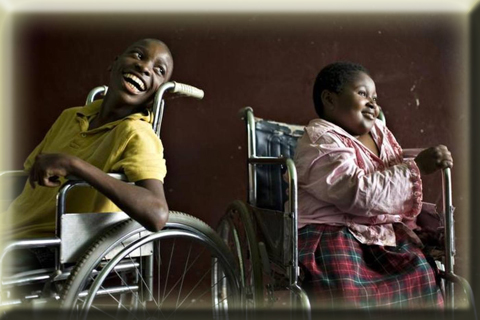
The rights and protections for people with disabilities in Uganda are enshrined in various laws and policies to ensure equality, non-discrimination, and inclusion. These legal frameworks are designed to promote the dignity and rights of persons with disabilities, ensuring they have equal opportunities in all aspects of life.
In the universal declaration of human rights under Article 7.
All are equal before the law and are entitled without any discrimination to equal protection of the law. All are entitled to equal protection against any discrimination in violation of this Declaration and against any incitement to such discrimination.
The Constitution of the Republic of Uganda, 1995, is the supreme law of the land and provides a strong foundation for protecting the rights of persons with disabilities. Article 21 of the Constitution prohibits discrimination on various grounds, including disability.
Additionally, Article 32 mandates affirmative action in favor of marginalized groups, including persons with disabilities, to address imbalances and promote equality.
The Persons with Disabilities Act, of 2020, is the primary legislation specifically addressing the rights of persons with disabilities in Uganda. This Act aims to respect and promote the fundamental and other human rights and freedoms of persons with disabilities. It covers various aspects such as accessibility, education, employment, health services, and participation in public life.
Accessibility: The Act mandates that public buildings and facilities must be accessible to persons with disabilities. This includes the provision of assistive devices and technologies to support their participation in all aspects of life.
Education: The Act ensures that persons with disabilities have access to inclusive education at all levels. It requires educational institutions to provide necessary accommodations and support services to facilitate learning.
Employment: The Act prohibits discrimination against persons with disabilities in employment and promotes their right to work on an equal basis with others. Employers are required to provide reasonable accommodations to employees with disabilities.
Health Services: The Act guarantees access to health services for persons with disabilities, including rehabilitation services and assistive devices.
Participation in Public Life: The Act promotes the participation of persons with disabilities in political and public life, including the right to vote and be elected to public office.
The Revised National Policy on Persons with Disabilities, 2023, provides a comprehensive framework for the inclusion and empowerment of persons with disabilities in Uganda. This policy outlines the government’s commitment to promoting the rights and welfare of persons with disabilities through various strategies and interventions.
Uganda is a signatory to the United Nations Convention on the Rights of Persons with Disabilities (CRPD), which it ratified in 2008. The CRPD is an international treaty that aims to protect the rights and dignity of persons with disabilities.
By ratifying the CRPD, Uganda has committed to implementing its provisions and ensuring that national laws and policies are aligned with international standards.
The legal framework governing the rights of persons with disabilities in Uganda is comprehensive and aims to promote equality, non-discrimination, and inclusion. The Constitution, the Persons with Disabilities Act, and the National Policy on Persons with Disabilities, along with international commitments, provide a robust foundation for protecting and promoting the rights of persons with disabilities. Continued efforts are needed to ensure the effective implementation and enforcement of these laws and policies to achieve a more inclusive and non-discriminatory society.
